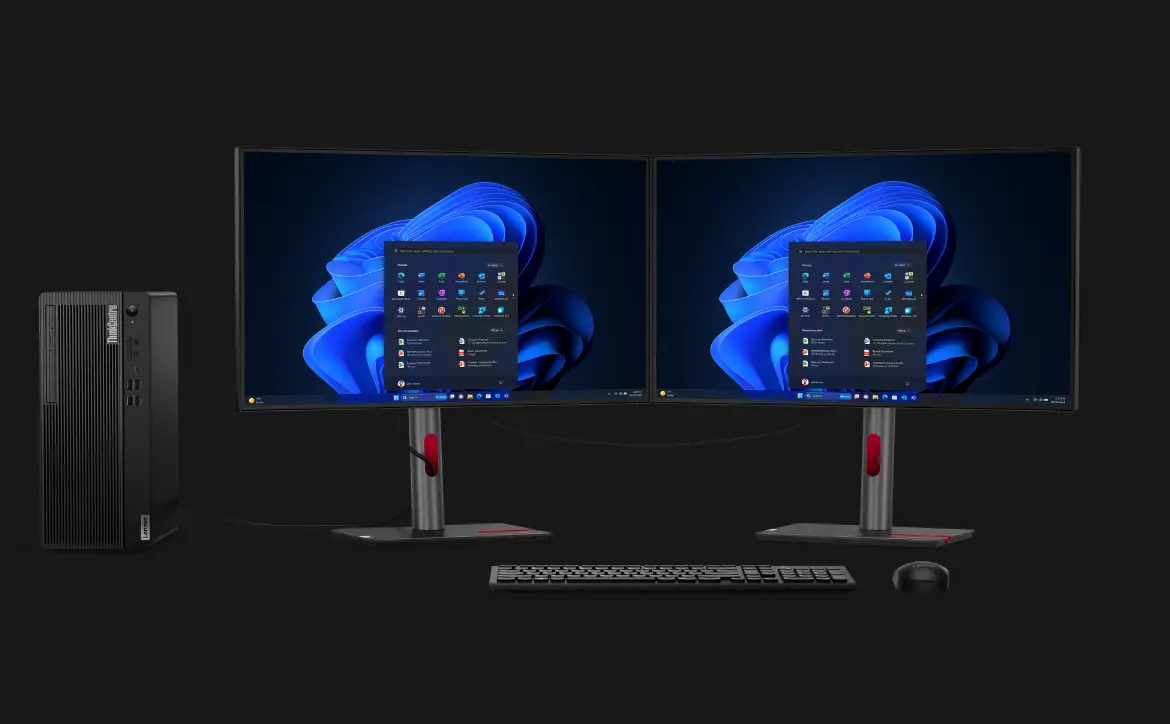The extent of mobile apps’ potential is that they are used by almost all the major industry giants to grow their business further by introducing innovative concepts to the mobile app platform. Mobile apps are not a choice anymore but rather a necessity for the generations of today and the future.
From a business point of view, you would only consider something if it is efficient in every aspect, right? Well, this also applies when you are thinking of developing an app for your business model.
In any case, you need to make wise decisions for your app idea. Meaning, you need to make choices that render an effective yet efficient mobile app that is in harmony with your business model and long-term goals.
One of the prominent decisions that you would have to make is deciding whether you want a native app (that would work solely on one platform) or a cross-platform app capable of performing well on multiple platforms at once.
So, if you have been stuck in the mayhem of which approach among the two – Native and Cross-platform – is the ideal one for your mobile app development needs, then this article is just what you needed.
Let’s discuss in detail which out of the two is the perfect option for you to develop your mobile app.
Performance
On the performance front, Native apps are really smooth because each mobile app is developed specifically for a particular platform i.e., Android or iOS. This means all the native apps perform without glitches because each function is meant to do something for a specifically targeted platform.
Cross-platform apps are also remarkable in performance but just lag behind by a few points if compared to the performance of Native apps.
Speed of Development
The fact that Cross-platforms apps are able to run on different platforms without the need of developing the same mobile app multiple times, saves a lot of time and effort. It is because of the WORA functionality of cross-platform frameworks that allow the developers to write the primary or base code once and then make improvisations in it to cater to different platforms.
Moreover, cross-platform frameworks have a sea of libraries out there, and thus, it renders an efficient and speedy development process.
On the other hand, Native apps are created separately from scratch for every platform which consumes double the time and effort than cross-platform app development.
Functionality
If you are looking for a mobile app with broad functionality, then native might be the one for you. It holds access to all the features of the devices along with native APIs, meaning it can use the functions of other native apps.
To help you understand better here is an example – a native app is able to access a calendar or a weather app if needed. Moreover, you do not need an internet connection to use native apps, which cannot be said about cross-platform apps.
Cross-platform apps cannot access all the native APIs and they also have limited access to the features of any device. They cannot be operated with internet connectivity.
User Experience
Talking about user experience, native apps come at the top without a doubt. It is the fact that each application is custom made for each platform that renders an app with impeccable quality-standard. One of the reasons why native apps are costly is because they strictly adhere to the quality guidelines of the app store.
Though cross-platform apps also render good user experience, they may lag a little behind native apps, because the UX has to be unified for each platform.
Cost of Development
Along with being time-efficient, Cross-platform is also cost-friendly, which is all you are hoping for.
In comparison to native mobile app development, cross-platform apps do not require a separate team of developers for coding the same app for different platforms. So, by choosing cross-platform, you will not need to hire two or more developer teams and save on the overall cost of mobile app development. In fact, you get to save a load of money on tools and technology used for separate platforms.
Maintenance
Just like the development process is separate for each platform in the Native mobile app development, so is the maintenance. Because there are numerous development teams, it becomes tricky to perform feature updates and offer support. It is because the application will face different problems on different platforms, for which different teams will be required to troubleshoot bugs.
On the contrary, apps made with cross-platform development are easy to maintain due to their one codebase. So, you need only a single mobile app development company to release updates, new features and provide support for bugs and issues.
Visibility
On the visibility front, we have to give the winner position to the cross-platform. Given that cross-platforms applications are designed to work on multiple platforms simultaneously, it is something that allows these applications to reach more users across multiple platforms, without putting double efforts as done with native applications.
You can reach customers from platforms like Android, iOS, Windows and more just by investing in a single cross-platform application, whereas you will have to pay for multiple native apps to target these platforms at once. So, yes cross-platform bodes well from a business perspective.
Mobile App Needs: Final Thoughts
No one knows your business more than yourself. Nor do they know what you want to achieve via your mobile app. So, based on the arguments presented above for native and cross-platform, it is advised to inspect each aspect of the two.
As we have seen in this article, both the mobile app development approaches are suitable for your business needs in one or the other way. So, the right way to conclude which one is best for you is to watch out for the factors that fit your business model and needs. Also, consider the cost-efficient factor for it is a prominent one for startups who are just entering the market. So, choose native if your focus is more on user experience, and go with the cross-platform to expand your reach.
Last Updated on February 3, 2021.













Comments are closed.